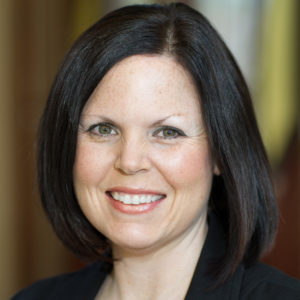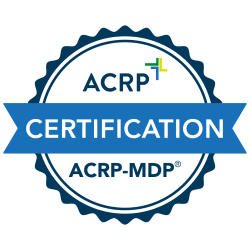Frustrated by chronic turnover and the uneven quality of available entry-level candidates, the folks at the University of Florida (UF) Health Cancer Center’s Clinical Research Office took matters into their own hands by launching what’s turned out to be a successful intern-to-hire program.
“We wanted to find people who were excited about the prospect of doing research, and not just looking for a job,” says Leslie Pettiford, RN, MS, OCN, CCRC, assistant director for study coordination and data management at UF.
After setting up the program—complete with strong educational modules for important clinical trial topics, including informed consent, ethics, and good clinical practices—they issued their first call for interns in October 2018. After going through more than a dozen applications, they selected the first two interns who hit the ground running January 2019.
The program has been an almost immediate success, Pettiford says. In fact, the first two interns hired stayed on with full-time jobs after the program ended. The UF team has since brought on four more interns who are active in learning about clinical research as they contribute to projects at the facility.
The intern program is helping UF stand out as an employer of choice in the market. “Around the time of my graduation, I was still looking for a way to gain experience during my upcoming gap year before applying to medical school,” says former intern and now clinical research associate Justin Lorentzen, BHS. “I came across the internship application on the University of Florida’s ‘Careers at UF’ website and thought the description of the internship is exactly what I was looking for: exposure to clinical research, patient contact, and learning about a complex field of medicine such as oncology.”
Over his first six months, he has gotten more out of the internship than he ever could have imagined, Lorentzen adds. “Working in a clinical research setting has allowed me [to] understand many of the complexities surrounding the field and appreciate the work completed by the clinical research team,” he explains. “As an intern, I was unsure of how much patient interaction I would actually have, but it has ended up being an extensive amount through completing ECGs and vitals, discussing clinical trials with patients, having questionnaires filled out, and just simply being in the clinic.”
Lorentzen says he has also enjoyed the amount of lab experience he has received, and being able to work with several different types of specimens. Being able to lead several projects, such as converting training logs for several studies from paper to electronic, has been a great experience he was not anticipating, he notes.
Pettiford believes this internship program and others like it can help “prepare the next generation” of clinical leaders. “We’re bringing in people who actually want to learn about research or oncology” and helping them learn how to work better with clinical trial participants, she says.
The program has had other benefits for UF; for example, each intern is tasked with coming up with an idea for a quality improvement. One intern suggested leveraging the SPOKE scheduling app to help alert researchers when patients had arrived. The idea has helped reduce missed labs and other appointment snafus, Pettiford notes.
Author: Michael Causey
Looking for Interns? ACRP just launched a new internship portal for organizations to recruit interns. It’s free and ready to go. Get Started >



